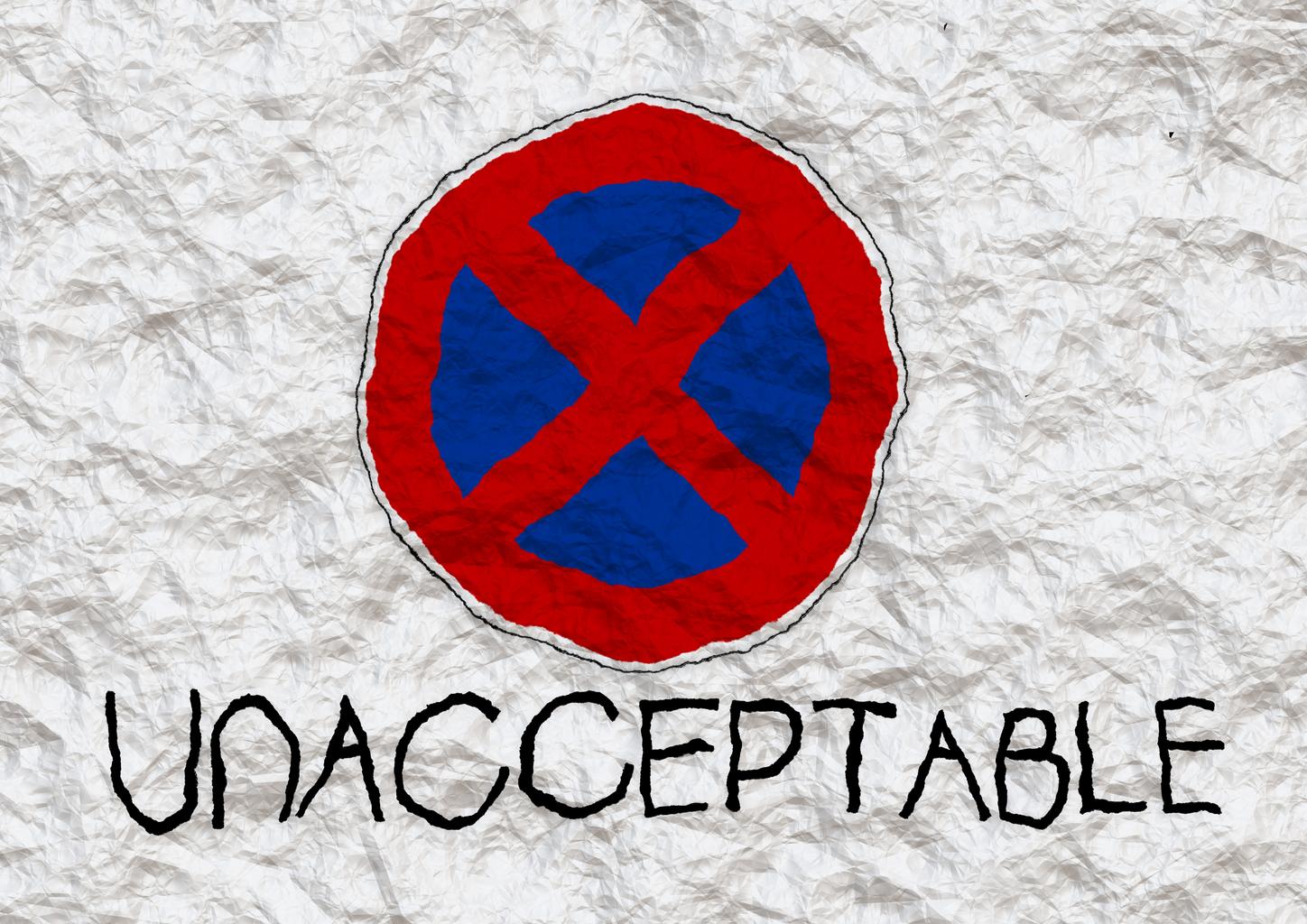An Italian bar in this multicultural city posted a photo on social media of a sign in front of the store that read, “These days, there’s a lot of talk about diversity and tolerance, but we don’t want to work there and feel uncomfortable, so we don’t accept Chinese or Korean people♪.” This caused a huge uproar, with people wondering if it was discriminatory. When asked by the weekly magazine Flash, the owner of the restaurant said, “I try not to accept interviews,” and did not reveal the circumstances that led to the sign being posted. In addition, the social media posts remain intact (as of July 22nd). Refusing entry to a store because of “nationality” is “illegal”
But in the first place, is “refusing entry to a store because of nationality” legally permissible? Daisuke Sugiyama, a lawyer who specializes in issues related to foreigners, firmly states, “Refusing entry to a store because of nationality or race is legally discriminatory and illegal.” “In the past, damages based on tort have been awarded against jewelry stores and public baths that have refused entry, companies that have refused golf club membership, rental property occupancy, and companies that have refused requests for information on used cars,” says Sugiyama.
Why is damages awarded? This is because Article 14 of the Constitution prohibits discrimination on the basis of race, and Japan has also ratified the International Convention on the Elimination of All Forms of Racial Discrimination, commonly known as the International Convention on the Elimination of All Forms of Racial Discrimination. In accordance with the spirit of the Constitution and treaties, refusal of entry to a store or other establishment on the basis of nationality or race is deemed to be an “intentional or negligent infringement of the rights or legally protected interests of others,” and compensation for damages is permitted under tort (Article 709 of the Civil Code). Sugiyama said, “I’m curious as to what was behind the psychology of the store owner, who wanted to put up a discriminatory notice even though the store is located in Okubo.” “Even if you have had trouble with a particular person in the past, the thought that ’I should do this because I have this attribute’ is not a rational one that can be legally justified. Most of these topics also lead to the conclusion that there is a similar proportion of Japanese people who do the same thing.”
– Troublesome customers can be “banned”
However, according to lawyer Sugiyama, “stores are of course free to refuse entry to customers who are individually problematic.” For example, in the case of shoplifters, people who have caused trouble with other customers, or people who have harassed employees, the store can ask them to leave the store or make them promise not to enter again, which is known as a “ban.” Regarding the ban, lawyer Sugiyama explained, “The store has no obligation to do anything for customers with whom it has no contractual or other relationship, and it doesn’t have to prove the ban, so it can simply refuse.” However, “In case of a lawsuit, it would be appropriate to have the date and evidence of the problematic behavior that led to the ban. Or, if the customer is also required to agree to the ban through an agreement, then the refusal may be justified without having to prove individual acts.” (Lawyer Sugiyama)
・It’s okay to be angry at “stores overseas that refuse Japanese customers”
Incidentally, in this case, there were opinions that agreed with the post, such as “If you go abroad, there are stores that refuse Japanese customers,” but Lawyer Sugiyama had this to say about such opinions: “When someone acts silly towards a Japanese person in a foreign country, it’s okay to get angry. The reason why refusal of entry to a store based on nationality has come to be considered illegal in Japan is because there have been foreigners who have taken legal action to challenge the law. This established the norm for Japan. “Even when faced with foreigners who discriminate against Japanese people, it would be more effective to directly educate them rather than using discriminatory language.”
Bengoshi JP Editorial Department
Published 7/24 (Wed) 9:50.

All of Japan’s tourist spots are like this.
If we start talking about international law, aren’t women-only cars also discriminatory?
This lawyer should continue to expose the damages the store has suffered.
Even the shrine is refusing it, so it’s fine, right?
For lawyers like this, it doesn’t matter if a Japanese person is detained overseas lol
In fact, there’s even a possibility that they won’t be detained and will die, but they probably don’t even consider that lol.
(;`ハ´) First of all, Attorney Sugiyama should show us the example lol.
Is that not a valid reason?
Didn’t Watami say they had a “store for foreigners only” in Ginza?
Isn’t that discrimination?
After seeing that, any Japanese person would want to say “No Koreans allowed.”
Of course. Because this Lawyer JP itself is like that.
But there’s no guarantee you’ll win.
I don’t know what the issues will be, and even if someone does sue, the compensation won’t even be 100,000.
In fact, if there’s a lawyer who’s complicit in this, the public will criticize him, so it would be better to sue the lawyer instead.
It’s just a measure to prevent customer harassment.



Comments